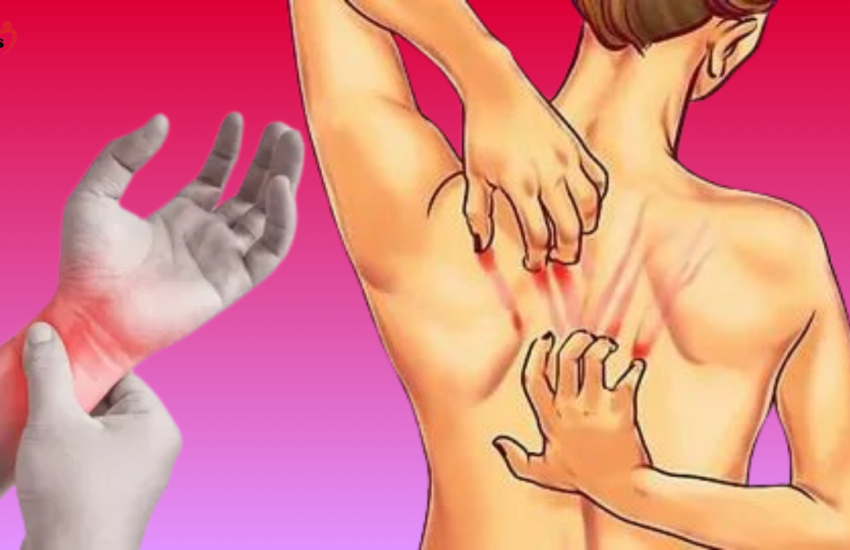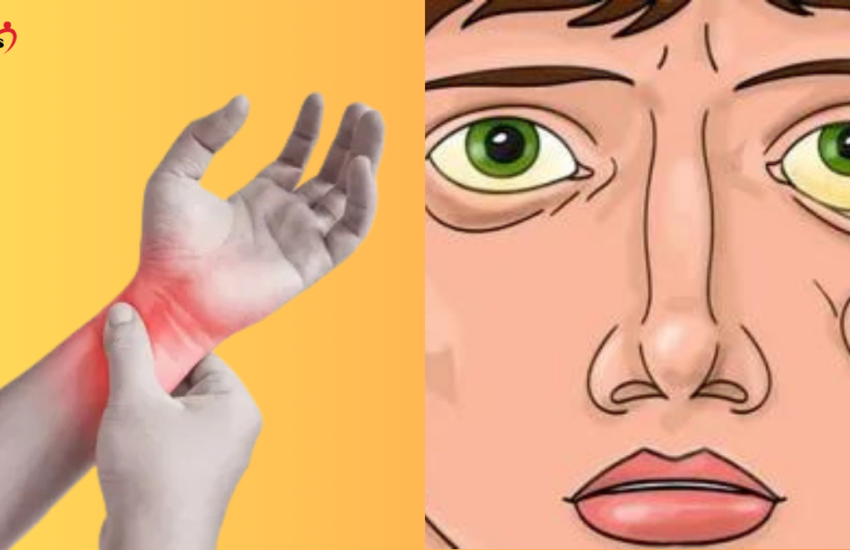If your kidneys are in danger, your body will give you this signal!
Your kidneys play a vital role in filtering waste from your blood, regulating your blood pressure, and maintaining your body’s mineral balance. When your kidneys become weak, it can lead to serious health problems. Unfortunately, kidney disease often progresses silently and without noticeable symptoms until it reaches an advanced stage. However, your body sends out warning signs when your kidneys are in trouble. Here are seven signs that your kidneys may need attention:
Changes in urination
One of the first signs that something is wrong with your kidneys is a noticeable change in your urination patterns. You may find yourself needing to urinate more frequently, especially at night (known as nocturia), or you may experience a decrease in your urine volume. Your urine may also appear foamy or contain blood, which can be a sign of kidney damage. Dark-colored urine or a constant need to urinate but not being able to get much urine out can also indicate kidney problems.
Swelling in your hands, feet, or ankles
The kidneys help regulate fluid levels in your body by removing excess fluid. When they aren’t working properly, fluid can build up in the tissues, causing swelling, especially in the hands, feet, ankles, or face. This is because the kidneys can no longer filter and remove waste and excess fluid from the bloodstream efficiently.
Fatigue and weakness
The kidneys are essential for removing waste and excess fluid from the body. When they aren’t working well, waste can build up in the bloodstream, causing symptoms such as fatigue, weakness, and lack of energy. You may feel more tired than usual, even after a full night’s rest. Anemia (low red blood cell count) can also develop as a result of kidney dysfunction, contributing to fatigue.
Shortness of breath
When the kidneys are damaged, they are no longer able to remove excess fluid effectively. This fluid can build up in the lungs, leading to shortness of breath. Additionally, kidney disease can cause anemia, which means there are fewer red blood cells to carry oxygen to the tissues, leading to shortness of breath, even during simple activities.
Persistent Back Pain
Chronic kidney problems can manifest as persistent pain in the lower back or sides. This discomfort is often dull and constant and can be located near the area where the kidneys are located. While back pain can be caused by other problems, when it is accompanied by other symptoms such as changes in urination or swelling, it may be a sign of kidney damage.
Rash and Itching
Kidney disease can cause waste products to build up in the bloodstream, which can cause rashes, itching, and dry skin. If the kidneys are unable to filter toxins properly, they can build up in the body and cause itching or irritation of the skin. This is often a sign that kidney function is being compromised.
Nausea and Vomiting
As the kidneys’ ability to filter waste products deteriorates, toxins and waste products can build up in the body, leading to nausea, vomiting, and a general feeling of being unwell. This is commonly referred to as hematuria and occurs when the kidneys fail to remove waste products from the blood effectively. If you experience persistent nausea and vomiting along with other symptoms of kidney dysfunction, it is important to seek medical attention immediately.



